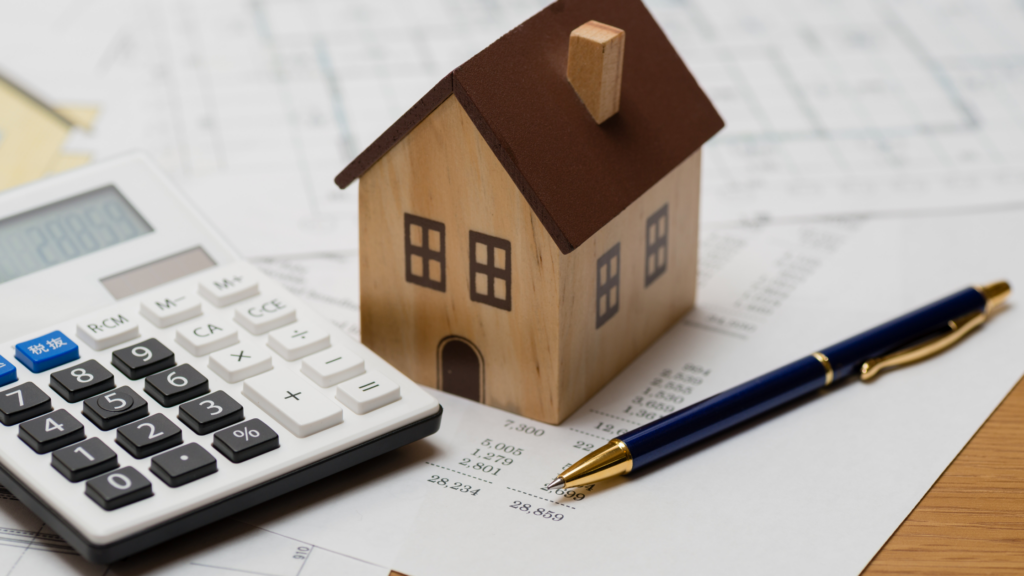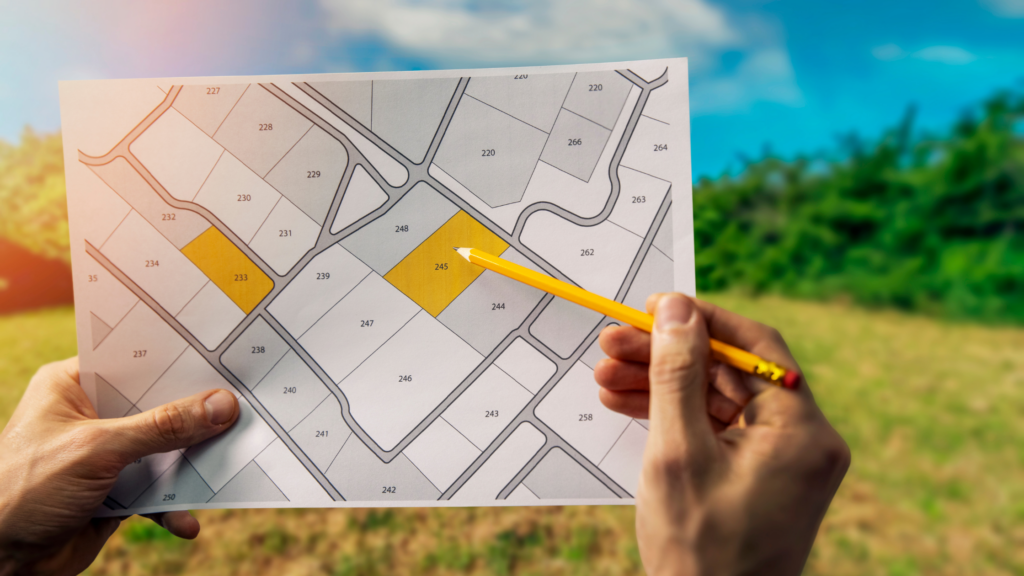Here Are the Best 5 Tips for Financing a New Home Build
Financing a new home construction project can be a daunting process, but fear not. In this blog, we’ll share five invaluable tips to help you navigate the financial aspects of this endeavor with confidence and ease.
Whether you’re a first-time home builder or an experienced pro, these tips will provide the knowledge and strategies to make financing a new home build as easy as possible.
5 Tips for Financing a New Home Construction Project
Are you planning to build a new home? Here are 5 tips to prepare you for financing your new home construction project.
1. Explore Financing a New Home with a Construction Loan
A construction loan is a short-term financing option designed for homeowners in the home-building process. It is meant to cover the construction costs and is usually capped at a year-long term. Banks have to assume more risk with construction-only loans since the collateral does not exist yet, so these loans typically come with higher qualification requirements and variable rates.
Once the build is complete, you can refinance your construction loan into a 15-year or 30-year fixed mortgage, or take out a new loan to pay off the initial one, called an end loan.

2. Understand that Financing a New Home is More Complex than a Standard Mortgage
Construction loans are very different from your standard mortgage, so the process of applying and qualifying for one is also more complicated. Before approaching a bank for a construction loan, you must develop a detailed building plan with a qualified builder and ensure you have enough saved for a substantial down payment.
Typically, you will need the following to apply for a construction loan:
- Down Payment: Typically 20% to 25% or more of the total project cost.
- Credit Score: Good credit history and score. A credit score of 700 or higher is considered good and may increase your chances of qualifying for a loan with favorable terms.
- Construction Plans and Budget: Detailed plans and comprehensive budget.
- Income and Employment Verification: Proof of stable income and employment.
- Builder Documentation: Builder’s credentials, references, and construction timeline.
- Appraisal and Inspections: Property appraisal and regular construction inspections.
- Loan-to-Value Ratio (LTV): Maximum percentage of financing relative to the project cost.
- Debt-to-Income Ratio (DTI): Favorable debt-to-income ratio.
- Building Permits and Insurance: Proof of permits and appropriate insurance coverage.
3. Shop Around for New Construction Loans
A new home construction loan is helpful to get through the building stage of the process and can be rolled into a more permanent long-term loan once the home is complete. This loan is known as a single-closing loan, but another loan type might be worth considering.
With a two-closing loan, you will take out a construction financing loan and close it when the home build is complete, then apply for a new mortgage for the long-term. The additional approval and closing processes are an extra expense, but two-closing loans can be helpful if your home build exceeds the projected budget.
Shop around at local lending institutions before settling on your best option for financing a new home build. Although they are less common than standard mortgage loans, you may have luck finding construction loans at lower rates at your local savings banks and thrift institutions.
When approaching local lending institutions, provide them with the necessary documentation, such as construction plans, budget estimates, and any other required paperwork. This will help them assess your project and provide you with accurate loan terms and conditions.
By considering local options and comparing multiple lenders, you can increase your chances of finding the most favorable financing option for your new home build while potentially benefiting from lower interest rates offered by local savings banks and thrift institutions.
4. Consider Builder’s Financing for a New Home
Your custom home builder may offer their own financing that is more affordable or flexible than options offered by your lending institution. Through a partnership with a lender, builders can finance a new home build until the project is complete, after which you’ll enter into your long-term mortgage loan.
Builder financing may include incentives like package pricing, project upgrades, lower rates, or a more flexible timeline. It can also speed up the home build since you won’t have to wait for lender approval, go through an underwriting process, or other qualifying hoops. Remember, since the builder must assume some risk of the loan agreement, they will have their own qualifications that may be higher than the bank.
5. Buy Land Upfront to Simplify Financing a New Home
When embarking on the journey of financing a new home build, one crucial decision is determining the location of your future home. While it is possible to include the cost of the land in the construction loan, opting to purchase the land upfront offers several advantages. This approach simplifies the financing process, reduces the required down payment, and ensures that the chosen homesite aligns perfectly with your vision for your dream home.

Benefits of buying the land upfront include:
- Simplified Financing: Separating the land purchase from the construction loan simplifies the loan structure and documentation process, making it easier to qualify for the loan and focus solely on financing the construction phase.
- Reduced Down Payment: Buying the land separately decreases the loan amount, resulting in a lower required down payment. This reduces the initial financial burden and improves loan eligibility.
- Accelerated Start of Construction: With the land already in your possession, you can expedite the start of the build. This eliminates potential delays associated with acquiring the land through the loan process and allows you to move into your new home more quickly.
- Freedom in Lot Selection: Purchasing the land upfront allows you to carefully choose the ideal homesite. You can take your time to consider factors such as location, views, amenities, and surroundings, ensuring that the land perfectly fits your preferences and sets the stage for your dream home.
- Flexibility in Design: Owning the land before applying for a construction loan grants you more design flexibility. You can make adjustments to the home’s layout and features during the construction process while keeping in mind the characteristics of the land and its surroundings.
Build Your Dream Home at The Vineyards at Stage Pass
Building a house from scratch and securing financing can be complicated, but choosing the spot for your next home doesn’t have to be. At The Vineyards at Stage Pass, our homesites offer the best amenities and views with convenient access to the bustling towns of Jacksonville and Medford. We can also help you find the right financing option to make your home-building process simpler and more rewarding.
The Vineyards at Stage Pass is home to a handful of lots for sale, along with one stunning move-in-ready home. Whether you’re looking for majestic mountain vistas or have always dreamed of vineyards in your backyard, the perfect lot is here. The only question is, which one of these exclusive Southern Oregon properties for sale will you choose?
Make the Vineyards at Stage Pass Your Home
Contact Us Today to Explore Homesites



